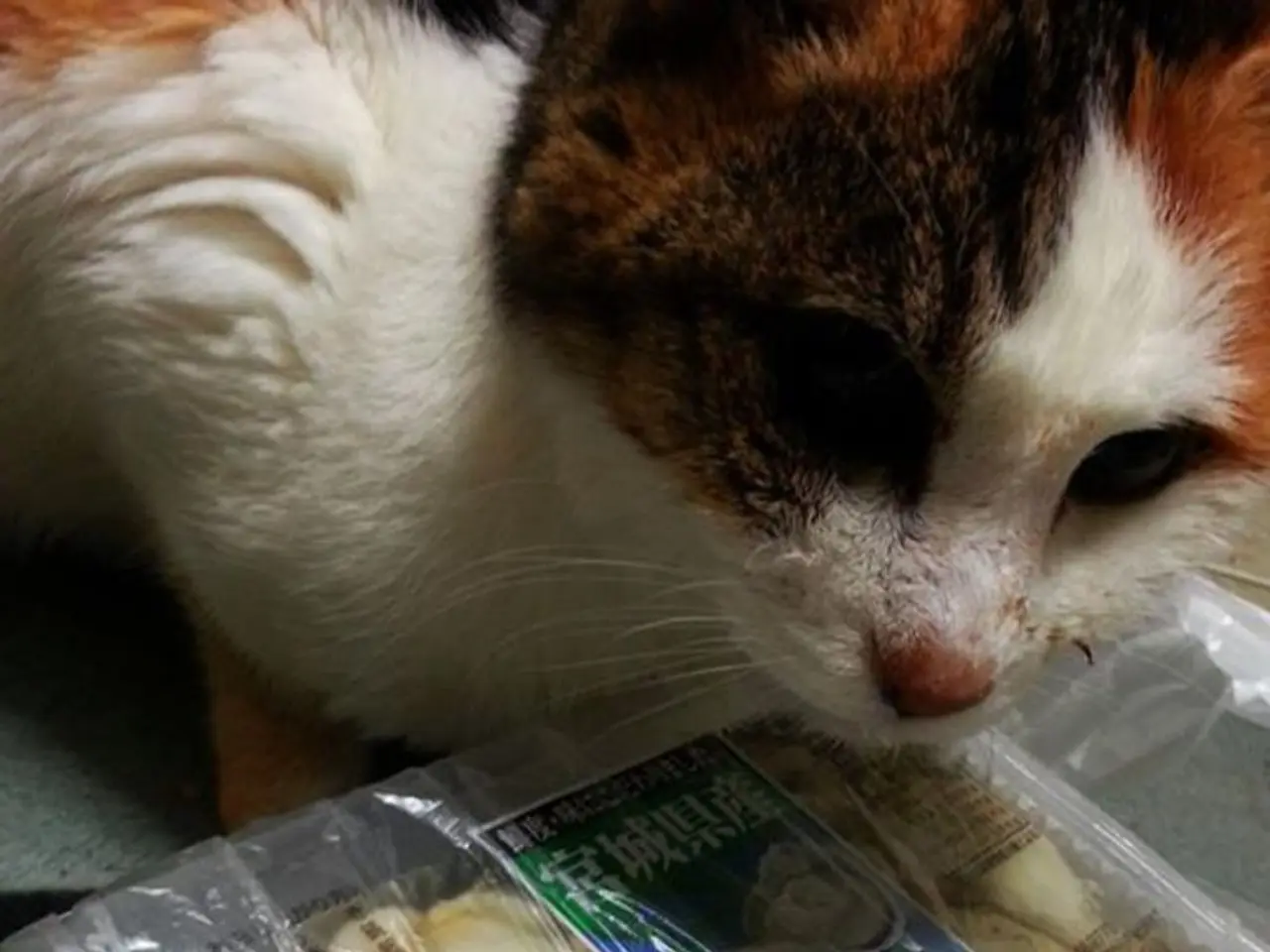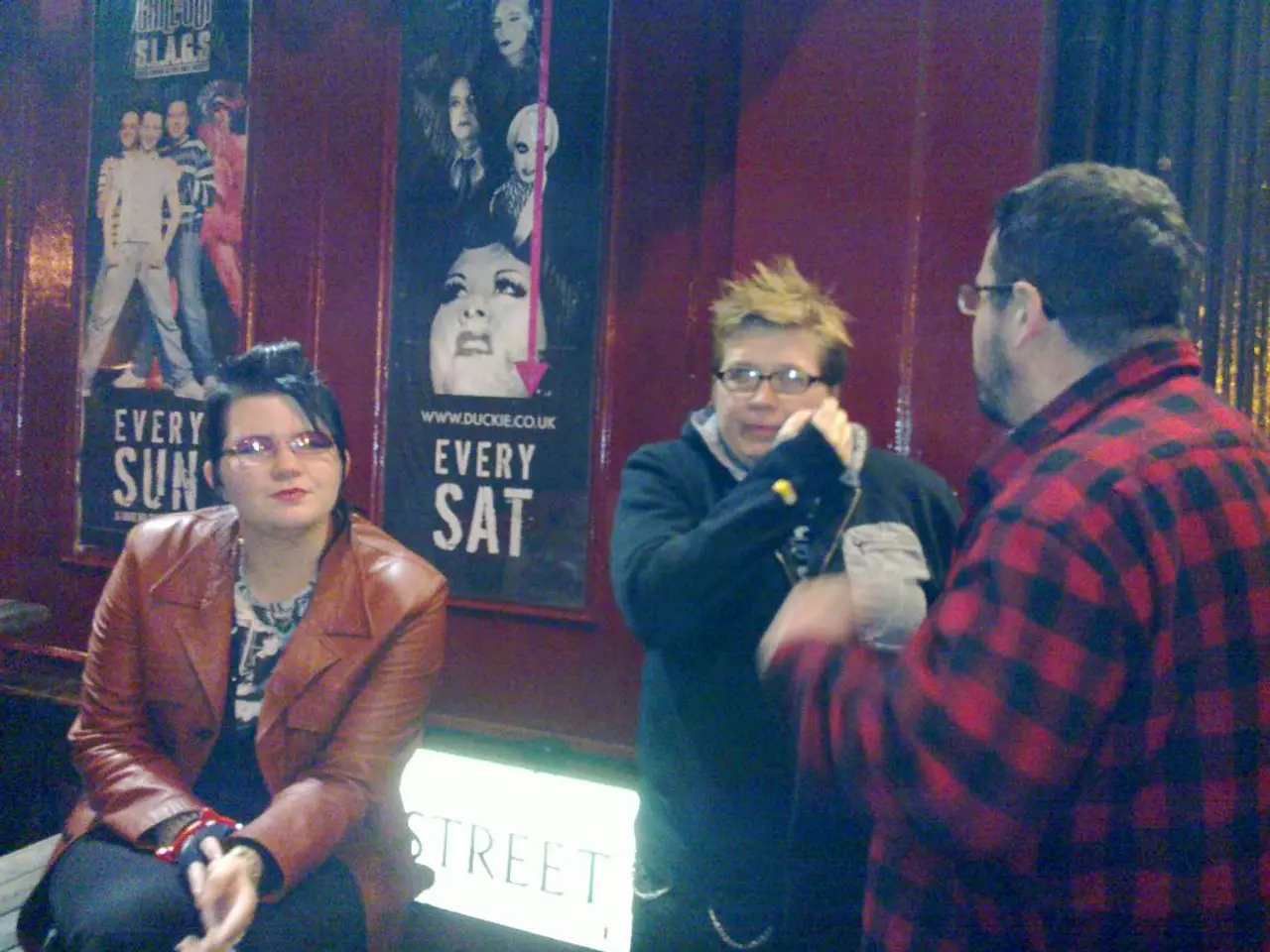Animal Dining Option: Bold Move Proposed at Danish Zoo
In the world of zoological conservation, a contentious practice has come to light: some zoos accept healthy small pets as food for their predators, as demonstrated by Aalborg Zoo in Denmark. The zoo publicly requested donations of chickens, rabbits, and guinea pigs to mimic natural predator diets [1][2].
This practice, while not universally accepted, is a known but controversial approach to replicating the diet of predators in captivity. However, it has sparked public outrage and ethical debate, with animal rights advocates and former zookeepers questioning its morality [2].
From an ethical standpoint, critics argue that feeding healthy domestic animals to predators is unethical, highlighting the unnatural conditions caused by captivity and the potential for unnecessary killing and animal welfare concerns [2]. They contend that captive predators, devoid of choice, are forced to consume these donated pets, a scenario that raises questions about the broader issues surrounding the keeping of wild predators in zoos.
The legality of this practice varies, depending on local and national animal welfare laws, which can differ significantly by country. While some jurisdictions have strict regulations governing the sourcing and treatment of animals used as feed, the public backlash against Aalborg Zoo’s request suggests that laws or guidelines may not fully address this issue, or that public opinion challenges its ethical acceptability even if it is legally permissible.
Meanwhile, in Michigan, Upper Peninsula hunting ranches have been ordered to eliminate feral hogs by 2026, facing potential enforcement if they fail to do so within a year [4]. This move aims to control the growing feral hog population, which can cause significant ecological damage.
Elsewhere, zoos with predators feed their animals meat from animals lower on the food chain. In the United States, most zoos source the meat for their predators from USDA-certified suppliers [5].
The Aalborg Zoo, in the face of public criticism, closed the comments sections of its post across social media platforms due to hateful and malicious rhetoric [6]. The zoo has not provided any further public comment on the matter since closing the post for comments.
In a light-hearted response to the controversy, Trine Hansen-Jensen made a joke on Facebook about donating unwanted children to the zoo [7].
In conclusion, the practice of feeding healthy small pets to predators in zoos is a controversial and uncommon approach to replicating natural diets. Ethically, the practice is widely questioned due to concerns about animal welfare, unnatural captivity conditions, and the needless killing of healthy animals. Legally, the regulations vary, and while this practice might be legal in some places, it is subject to local animal welfare laws and public scrutiny.
References:
- Aalborg Zoo asks for donations of chickens, rabbits, and guinea pigs for its predators
- Feeding healthy pets to predators in zoos: a controversial practice
- Ethical concerns over Aalborg Zoo's request for donations of pets
- Michigan hunting ranches ordered to eliminate feral hogs
- Most US zoos source meat for predators from USDA-certified suppliers
- Aalborg Zoo closes comments on controversial post
- Joke about donating unwanted children to the zoo sparks debate
Some critics argue that using healthy domestic pets as food for predators in zoos is an unethical practice, questioning the morality of forcing captive predators to consume donated pets, raising concerns about animal welfare and the broader issues surrounding the keeping of wild predators in captivity. In contrast, hunting ranches in Michigan are faced with eliminating feral hogs by 2026, highlighting a less controversial approach to managing wild animal populations that is not reliant on social media donations or controversial feeding practices seen in some zoos.








